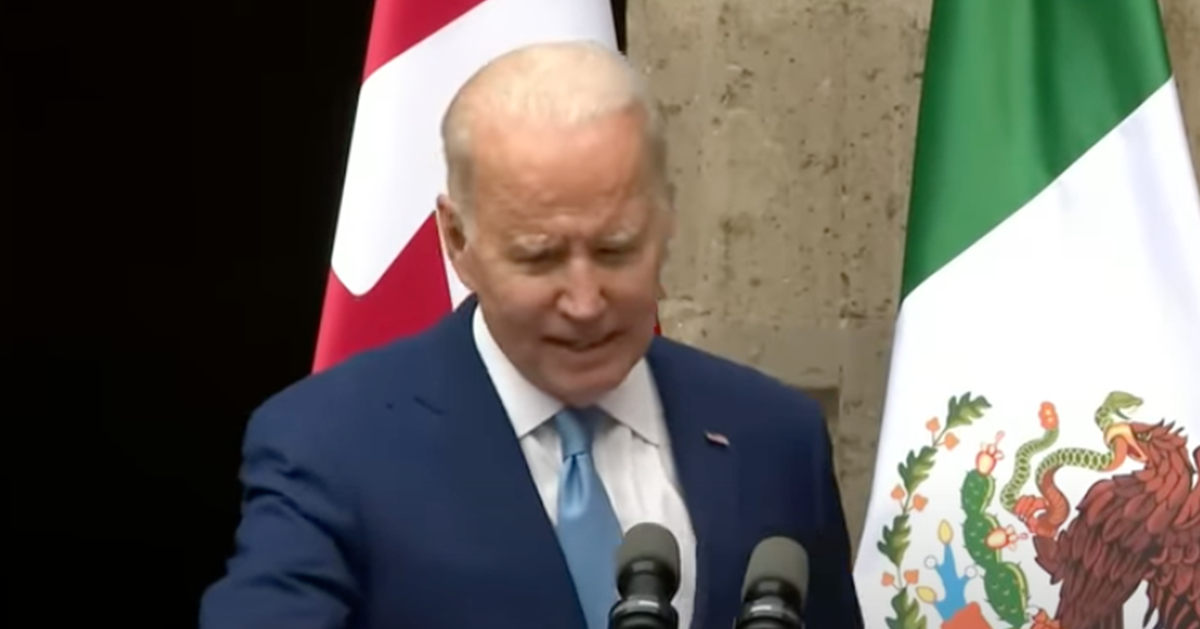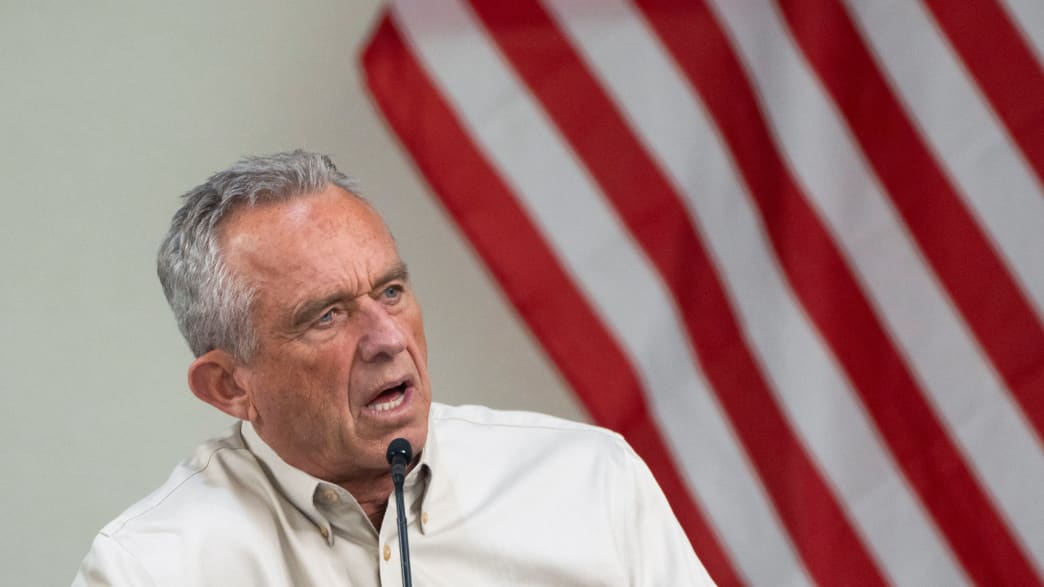Trump Lawyer Expresses Confidence After Supreme Court Hearing
Supreme Court Reviews Presidential Immunity
In a pivotal interpretation of constitutional law, the Supreme Court recently scrutinized the boundaries of presidential immunity as it relates to former President Donald Trump. The core issue revolves around whether a president retains any immunity for official acts once they leave office. Attorney Will Scharf, representing Trump, attended a hearing that may shape the future understanding of presidential powers.
Real Clear Politics reported that the proceedings could lead to significant legal precedents concerning the scope of presidential immunity.
The case, spotlighting the intersection of presidential responsibilities and legal accountability, is under intense national scrutiny. It examines the balance between safeguarding the executive role and ensuring former presidents are accountable for their actions in office.
Contextualizing Presidential Actions
Supreme Court justices delved into differentiating private actions from official presidential duties during the hearing. Consequently, this distinction is crucial as it determines the extent of legal immunity former presidents could enjoy. Questions were raised about how to separate these actions from applying immunity.
Moreover, Justice Amy Coney Barrett inquired about whether actions deemed private would fall outside the scope of immunity. Her dialogue with Trump's attorneys highlighted the complexities of categorizing presidential acts.
The inquiries made by the justices suggest a rigorous examination of how presidential duties are defined legally, indicating the high stakes of the Supreme Court's eventual decision.
Legal Opinions and Predictions
Trump's legal team, led by Will Scharf, argued fervently that the founding principles of the United States necessitate a certain level of immunity for presidents to protect the office's sanctity and functional independence. Scharf stressed the historical context wherein no president has faced prosecution for acts performed as part of official duties.
The implications of this legal battle are profound, potentially affecting how presidential actions are judged after their term. Scharf proposed that if the court recognizes any scope of immunity, the matter should be remanded back to lower courts for more detailed examination, similar to previous cases.
This procedural suggestion underscores the complexity and unprecedented nature of the legal questions.
Public Interest and Media Coverage
The case has garnered extensive media attention, reflecting the public's vested interest in the executive branch's functioning and accountability. Discussions in the media and among legal experts emphasize the potential consequences of the Supreme Court's decision on future presidencies.
FOX News anchor Martha MacCallum's conversation with Will Scharf brought to light the nuanced perspectives surrounding the case. The dialogue highlighted different interpretations of what the justices' line of questioning could imply about their leanings.
The coverage is crucial as it shapes public understanding of complex legal doctrines and their impact on American governance.
Anticipating the Supreme Court's Decision
As the court contemplates its decision, expected before the end of the term in June, all eyes are on how it will address these foundational questions. The decision could reaffirm, modify, or expand the legal understanding of presidential immunity.
Scharf expressed cautious optimism about the outcome, reflecting on the justices' serious engagement with the arguments presented. This anticipation underscores the significance of the ruling, not just for Donald Trump but for the office of the presidency itself.
The eventual ruling will undoubtedly unprecedentedly influence interpretations of executive power and responsibility, marking a significant moment in U.S. legal history.
Implications for Future Presidents
In this case, the Supreme Court's decision will set a precedent that could define the contours of presidential authority and accountability for generations. It raises questions about how future presidents will conduct themselves, knowing the extent of legal protection they can expect once their term ends.
This historical context is vital for understanding the full impact of the court's upcoming decision. It affects Trump and sets a legal framework that will guide future administrations.
The debate over presidential immunity touches on the core of democratic governance and the checks and balances that define the U.S. political system.
Conclusion
The Supreme Court's review of presidential immunity about former President Donald Trump has implications far beyond a single administration. It challenges existing legal frameworks and could redefine the balance of power in the U.S. government.
With the nation's highest court taking the matter seriously, legal experts and the public eagerly await a ruling that could reshape the understanding of presidential responsibilities and protections.





